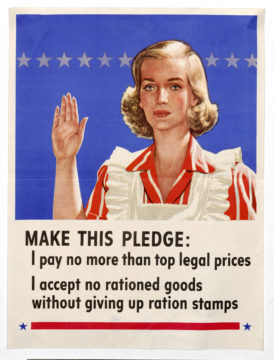 Andrew Yamakawa Elrod in Phenomenal World:
Andrew Yamakawa Elrod in Phenomenal World:
In 1959, the leaders of the Organization for European Economic Cooperation (OEEC, now the OECD) appointed a Group of Independent Experts “to study the experience of rising prices” in the recent history of the advanced capitalist countries. Between the end of World War II and the termination of the Korean War conflict, economic planners had tolerated rising prices as an insurmountable consequence of postwar reconstruction and war-induced commodity speculation. These governments expected inflation to end as economies readjusted following the stalemate in Korea. “In the event, however,” the Group of Independent Experts wrote in their final report, “rising prices proved to be a continuing problem.”
The OECD report classified four causes to the inflation of the 1950s: rising wages, monopolistic pricing, excess demand, and what they called “special prices”—those influenced, for example, by foreign governments, bad harvests, or the lifting of government price controls.
At a moment when inflation control is back on the agenda, it is worth observing just how little consensus existed—during a period remembered for its supposed social cohesion and intellectual conformity—on these ostensibly technical concerns. By 1961, when the study group released its final report, its members were not even able to agree on concrete findings regarding the causes of inflation.
More here.
